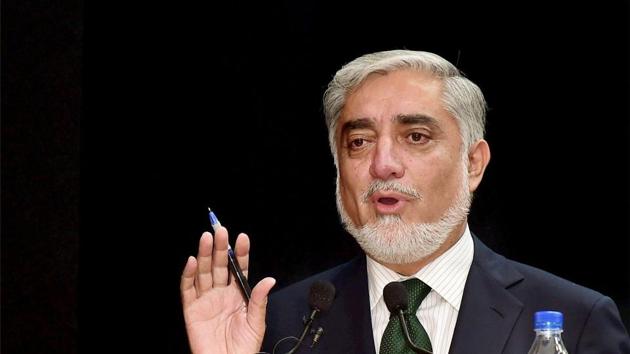Fighting odds in Kabul
Abdullah Abdullah has often endorsed the role played by India in Afghanistan’s reconstruction and has criticised Pakistan for backing terror groups.
From the resistance against Soviet occupation to his stint as foreign minister to his current role as Chief Executive of Afghanistan, Abdullah Abdullah has towered over his country’s politics.

The eye-surgeon-turned-politician took over the latest of many roles, which gives him prime ministerial powers in the National Unity Government, after Ashraf Ghani was declared the winner in the second round of the 2014 presidential election.
Since then, he has had to deftly manoeuvre between the two power centres in the Afghan government while dealing with tricky issues.
Abdullah learnt many of his early political lessons while serving as an assistant to the legendary guerrilla commander Ahmad Shah Masood in the 1980s. After the ouster of the Taliban regime in 2001, he took over as foreign minister in the interim administration formed around Hamid Karzai.
Abdullah is of mixed ethnicity, but is most often seen through the prism of his long association with the Tajik-dominated Northern Alliance, which was backed by India in its fight against the Taliban.
Given the old linkages between the Northern Alliance and Delhi, Abdullah has often endorsed the role played by India — “a trusted friend” — in Afghanistan’s reconstruction. He has also criticised Pakistan for backing terror groups and said no country should be allowed to use terrorism as an instrument of state policy.





